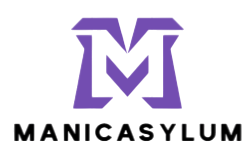The popularity of THCA flowers has surged within the cannabis community, driven by their perceived health benefits and unique properties. However, the legality of thca hemp flower is a subject of debate and regulation, varying significantly depending on location.
THCA, or tetrahydrocannabinolic acid, is a cannabinoid found in cannabis plants. It is a precursor to THC, the compound known for its psychoactive effects. Unlike THC, THCA is not psychoactive in its raw form and is often sought for its potential therapeutic benefits, which include anti-inflammatory and neuroprotective properties.
The legal status of thca hemp flower hinges on the legal status of cannabis in general. In countries like Canada and Uruguay, where cannabis is legal for recreational use, THCA flowers are generally legal as well, provided they comply with local regulations regarding potency and distribution.
In the United States, the legal landscape for THCA flowers is more complex. As of 2024, cannabis remains illegal at the federal level, classified as a Schedule I substance under the Controlled Substances Act. However, individual states have increasingly moved to legalize cannabis for medical and/or recreational use. THCA flowers, specifically, are legal in states where cannabis has been legalized, but they must comply with state-specific regulations.
One such regulation concerns the maximum allowable THC content. Many states impose limits on the concentration of THC in cannabis products, including THCA flowers. For instance, in California, THCA flowers must not exceed 0.3% THC concentration to be classified as hemp and thus fall under different regulatory frameworks.
In states where cannabis remains illegal or highly restricted, THCA flowers are likely to be illegal as well. This legal uncertainty has led to issues with law enforcement and legal challenges, particularly in states where the distinction between cannabis and hemp is not clearly defined.
